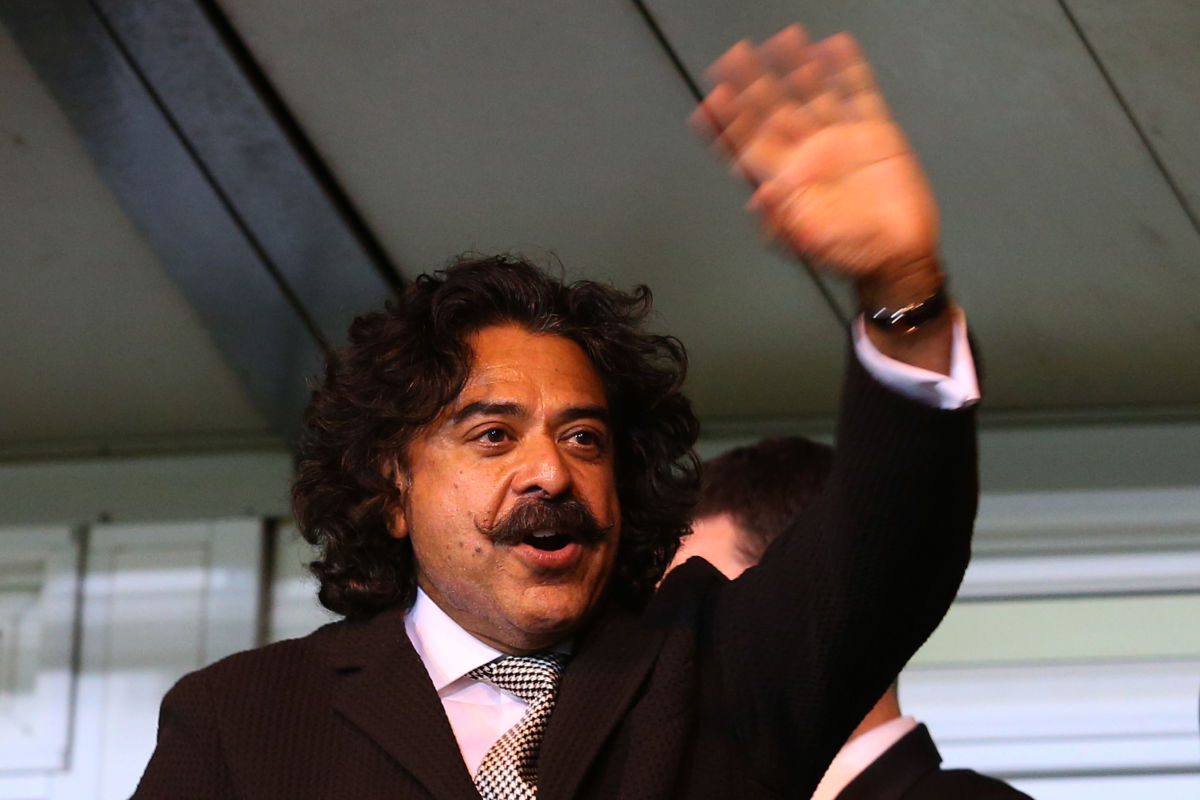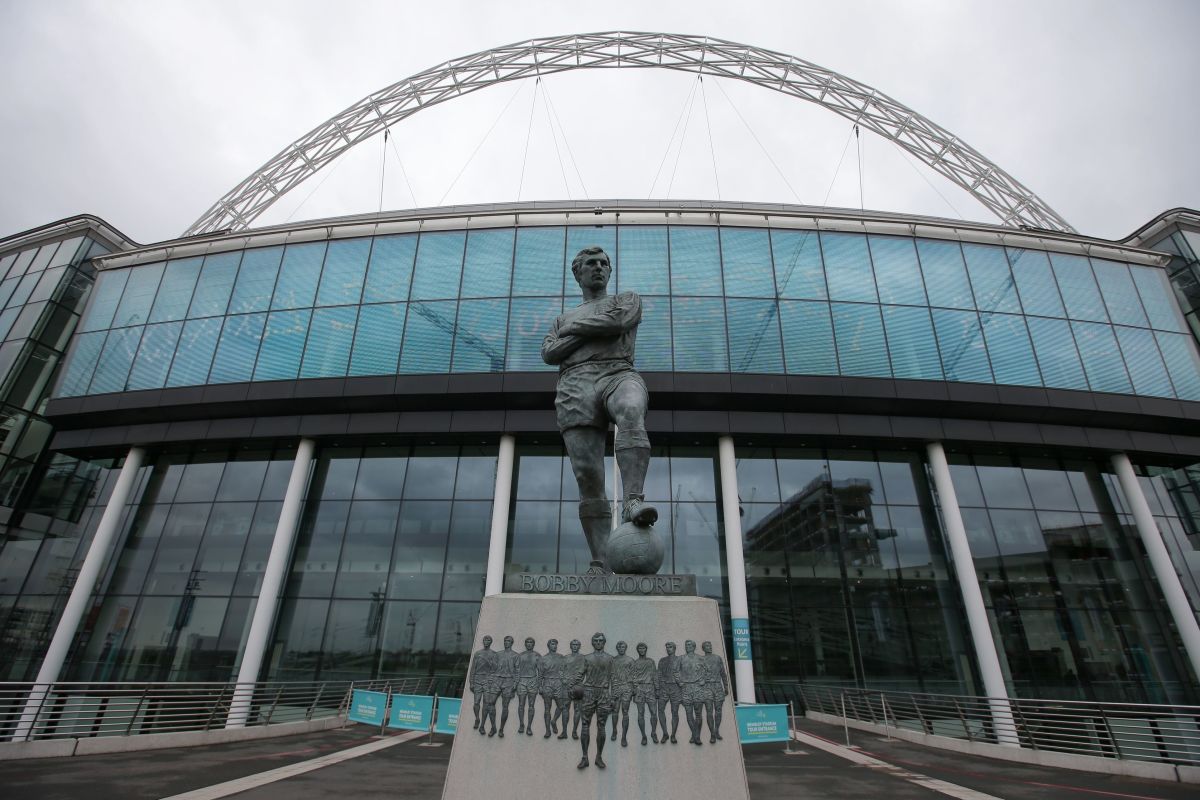Explaining Why the FA Selling Wembley Stadium May Not Be the Worst Idea

There has been a real outpouring of anger from football fans across England after the news broke that the Football Association (FA) is considering the sale of the iconic Wembley Stadium to the owner of the Jacksonville Jaguars, an NFL team in America.
Shahid Khan, who also owns English Championship side Fulham, is prepared to pay more than £500m for Wembley - but will allow the FA to keep hold of its hospitality business, Club Wembley, which is valued at a further £300m.

Questions have been raised as to whether the sum of money offered is actually acceptable. The stadium originally cost £757m to build in 2007, which equates to over £1bn in today's market. To finance the project the FA took out a big loan package lead by WestLB bank, but also received around £160m of taxpayers' money through national lottery funding and public bodies which would be demanded to be paid back if the stadium is sold.
The loan is also set to be fully repaid by 2024, leading many to ask why the FA would sell the stadium at a loss, especially having already paid back a big chunk of the debt.
In the entire 130+ year history of the @FA, they’ve owned Wembley for 19 of those years. Private ownership not an issue, and IF the HUGE money generated is ring-fenced to be spent sensibly at grassroots level then I say...sell & invest for the good of the game...
— Jake Humphrey (@mrjakehumphrey) April 27, 2018
The simple answer would be to say that the FA have earned a great deal from the stadium due to the Club Wembley packages and ticket prices, meaning that the sale wouldn't actually result in a net loss.
In the 2016/17 season the stadium hosted 32 major events, including England senior men’s matches, the Emirates FA Cup Finals and music concerts. Likewise the Football Association will retain its Club Wembley cash cow.
So if the FA aren't losing money, is it really such a bad idea to sell the stadium?
In comparison with other national football associations, the FA are in a somewhat unique position in actually owning their national stadium. Neither Germany nor Italy own their national stadium outright and Spain simply rotate their international matches around the country.
I don’t really see much of a downside to @FA selling Wembley. The old Wembley was never owned by the FA and we won the World Cup there. Bags of money going into grassroots is way more important than owning a load of concrete. 2 steps back, 39 steps forward.
— Gary Lineker (@GaryLineker) April 27, 2018
While the stadium sale may force the England national team to play their home games elsewhere, this is not necessarily a bad thing. It would open up the possibility for more fans to be able to watch the Three Lions, which would also increase the likelihood of selling out the stadium in unimportant international friendlies, which are not always well supported.
The sale of Wembley will also provide a huge sums of money for the improvement of grassroots football which should be the FA's main priority. Young and amateur footballers up and down the country, on a weekly basis, experience the same poor conditioned pitches and facilities that have seen little investment since the creation of the Football Foundation in 2000.

The foundation was set up to administer 5% of the Premier League teams' TV income to grassroots football, but its current contribution of £100m is just 3.6% of the galactic TV deals that clubs receive. It's estimated that this massive underinvestment will cost £2bn to fix.
The money unlocked from the Wembley deal would make a massive difference if it is invested in the lower levels of football as the FA have promised, and the huge figure may even attract further public funding.
There is no doubt that selling Wembley would be criticised by traditional English football fans, but the new Wembley does not have the same cultural importance as the old Wembley did.
Selling the stadium to a multibillion pound franchise may be a sign of the times, but maybe Wembley and the FA should move with it instead of clinging to past tendencies that have failed to deliver.
